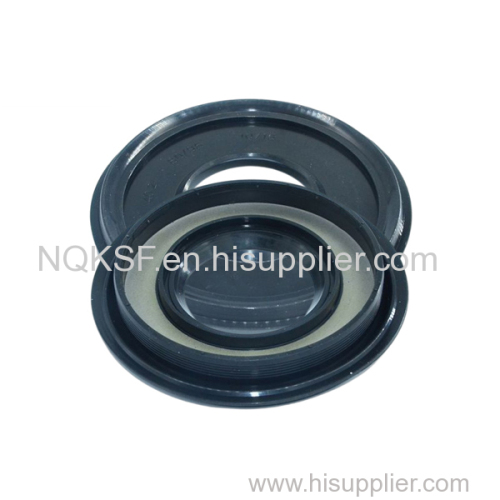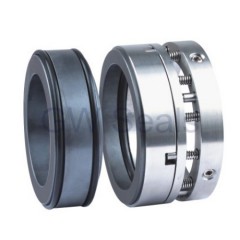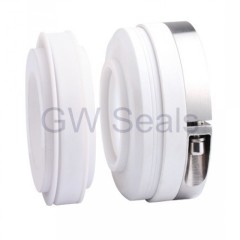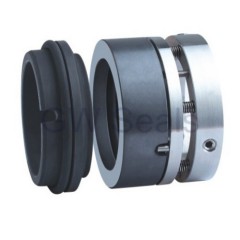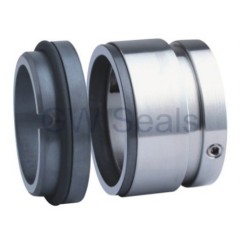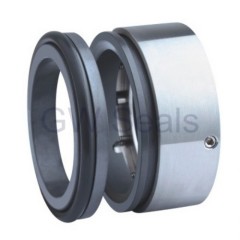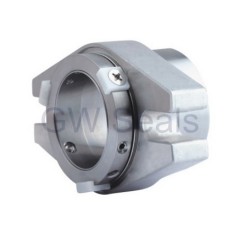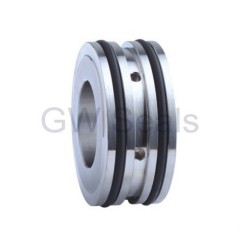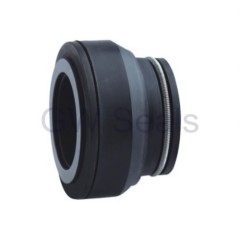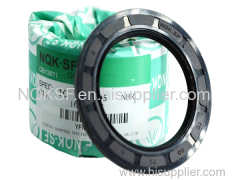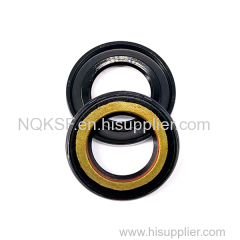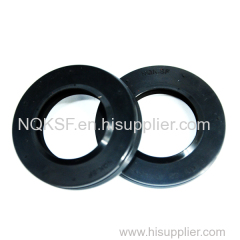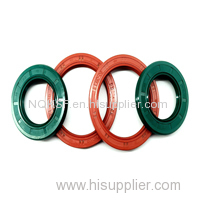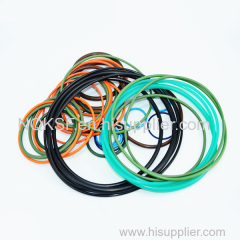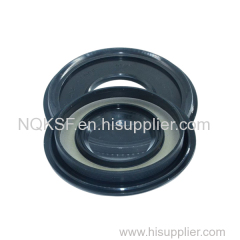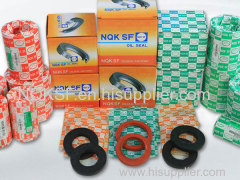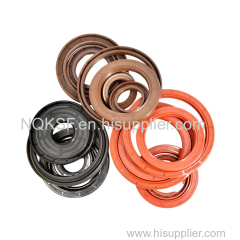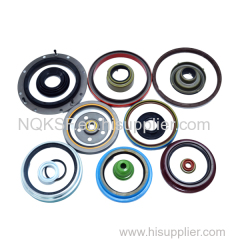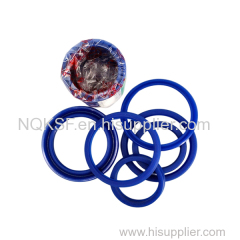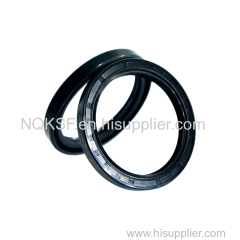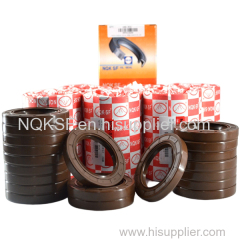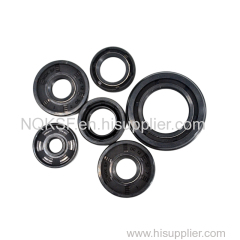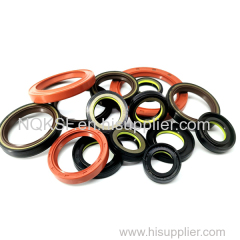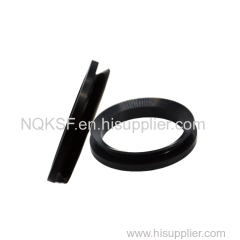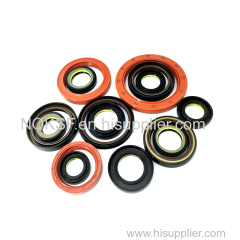|
Xingtai Shanfeng special rubber products Co., Ltd
|
NQK SF Oil Seal Factory ISO Certificated EPDM FKM EC Covers Seals
| Price: | 1.56 USD |
| Payment Terms: | T/T,L/C,D/A,D/P,WU |
| Place of Origin: | Hebei, China (Mainland) |
|
|
|
| Add to My Favorites | |
| HiSupplier Escrow |
Product Detail
In the world of mechanical systems, the selection of the right end EC covers seal can make a significant difference in performance and longevity.
In the world of mechanical systems, the selection of the right end EC covers seal can make a significant difference in performance and longevity. These seals play a vital role in preventing leaks and protecting components from contamination and wear. This article outlines a detailed approach to choosing the perfect end EC covers seal for your specific needs.
Application Analysis
Operational Environment:
Temperature Extremes: Identify the operating temperature range. Seals like those made from FKM or fluorosilicone are designed to withstand extreme temperatures, making them ideal for high-heat or freezing conditions.
Pressure Variability: Understand the pressure conditions the seal will face. High-pressure applications might benefit from materials such as PTFE or polyurethane, known for their robust performance.
Exposure to Elements:
Chemical Interactions: Assess the types of chemicals the seal will be exposed to. EPDM is suitable for water and steam, while nitrile or FKM excels in oil and fuel environments.
Particulate Matter: For settings with a lot of dust or abrasive particles, opt for seals with high abrasion resistance to ensure durability.
Choosing the Right Material
Material Compatibility:
Fluid Compatibility: The seal material must be compatible with the fluids in contact. For aggressive chemicals and fuels, FKM is a reliable choice.
Thermal Tolerance: Materials like silicone and fluorosilicone can handle extreme temperature variations, making them suitable for a wide range of applications.
Durability Considerations:
Mechanical Properties: Consider the hardness (durometer), tensile strength, and flexibility of the material. For high-tensile environments, HNBR is an excellent choice, whereas silicone is preferred for its flexibility.
Abrasion Resistance: In applications involving movement or contact with abrasive materials, polyurethane offers high wear resistance, extending the seal's service life.
Dimensional Accuracy and Design
Precision in Dimensions:
Correct Sizing: Accurate measurements are crucial for a proper fit. Ensure that the inner diameter (ID), outer diameter (OD), and cross-sectional diameter (CS) are precisely measured.
Tolerance Specifications: Adhering to specific tolerance levels ensures the seal maintains its effectiveness under varying conditions.
Seal Design Features:
Lip Configuration: Single lip seals are suitable for less demanding environments, while double lip designs provide enhanced protection against contaminants.
Spring-Loaded Options: For applications requiring constant pressure on the sealing surface, consider spring-loaded seals that maintain uniform pressure distribution.
Installation and Maintenance Best Practices
Installation Guidelines:
Proper Tools: Use the correct tools and techniques to prevent damage during installation. Lubrication may be necessary to facilitate a smooth installation process.
Alignment Check: Proper alignment is essential to avoid leaks and ensure the seal's longevity.
Routine Maintenance:
Regular Inspections: Periodically inspect the seals for wear and tear, cracks, or any signs of degradation. Preventative maintenance can avert unexpected failures.
Scheduled Replacements: Establish a maintenance schedule to replace seals based on their expected lifespan and operating conditions.
Testing and Evaluation
Prototype Validation: Test the seal in a prototype setting to ensure it meets all performance requirements under actual conditions. This helps in early detection of potential issues.
Continuous Monitoring: After installation, continuously monitor the seal's performance. Look for signs of leakage, pressure changes, or reduced efficiency and address them promptly.
By following these guidelines and ensuring rigorous testing, you can achieve optimal performance and durability, safeguarding your mechanical systems against potential failures and extending their operational life.

